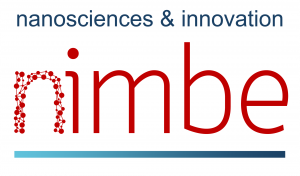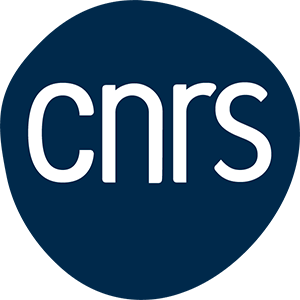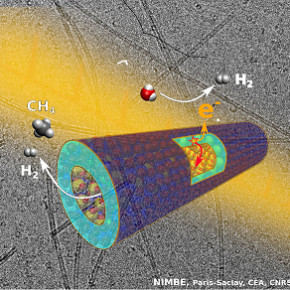Fundamental Research on materials enables us to develop methods for elaborating new materials with original properties.
This research enables to adapt these materials to get the best performances in the realization of electronic or optical devices.
Another research approach is to adapt materials for optimum performance in energy production, corrosion resistance, functionalized materials and catalytic properties.
Theoretical methods and simulations are used to guide this research, with the aim of producing “tailor-made” materials.

Other NIMBE studies are exploring heritage materials, and more specifically their ageing, providing valuable insights into corrosion and durability. This expertise is essential for making the right choice of materials for tomorrow’s diverse long-term applications, particularly in the nuclear field.
This research on materials and nanomaterials covers in particular several activities developed by each of the NIMBE laboratories:
Synthèse de matériaux :
- Synthèse et analyse en phase gazeuse de nano-objets (LEDNA)
- Nano-chimie, nano-objets – autoassemblage (LEDNA, LIONS)
- Matériaux nanocomposites nanostructurés (cristallisés et matière molle.) : de leur élaboration, à leurs propriétés (LEDNA, LICSEN)
- De la molécule au matériau moléculaire (LICSEN)
- Matériaux nanostructurés pour l’énergie (LEEL, LEDNA, LICSEN)
- Caractérisation de matériaux pour l’énergie (LEEL, LSDRM)
- Interfaces, fluides complexes et microfluidique (LIONS, LICSEN)
Irradiation, corrosion, vieillissement, matériaux du patrimoine :
- Matériaux et irradiation (LIONS)
- Corrosion long terme de matériaux métalliques (LAPA)
- Analyse métallographique du fer des grands bâtiments du Moyen Age (LAPA)
- Science des matériaux et chimie pour l’archéologie et le patrimoine (LAPA)
Théorie, modélisation, simulation :






